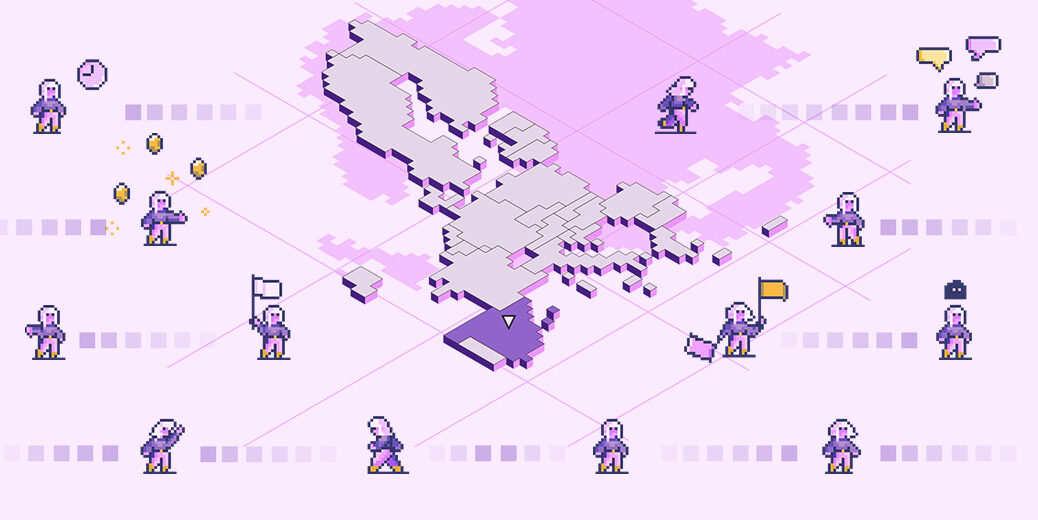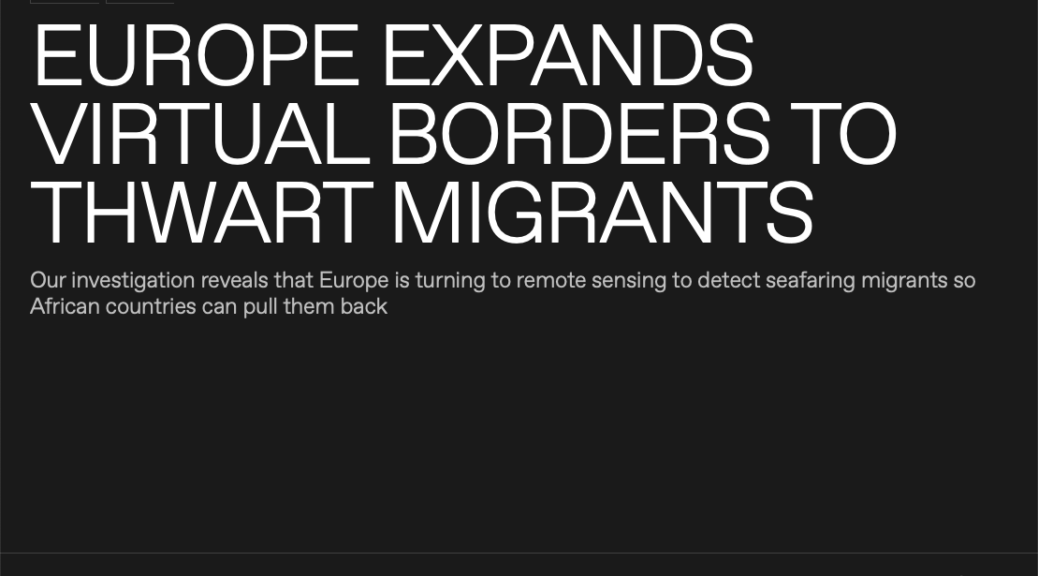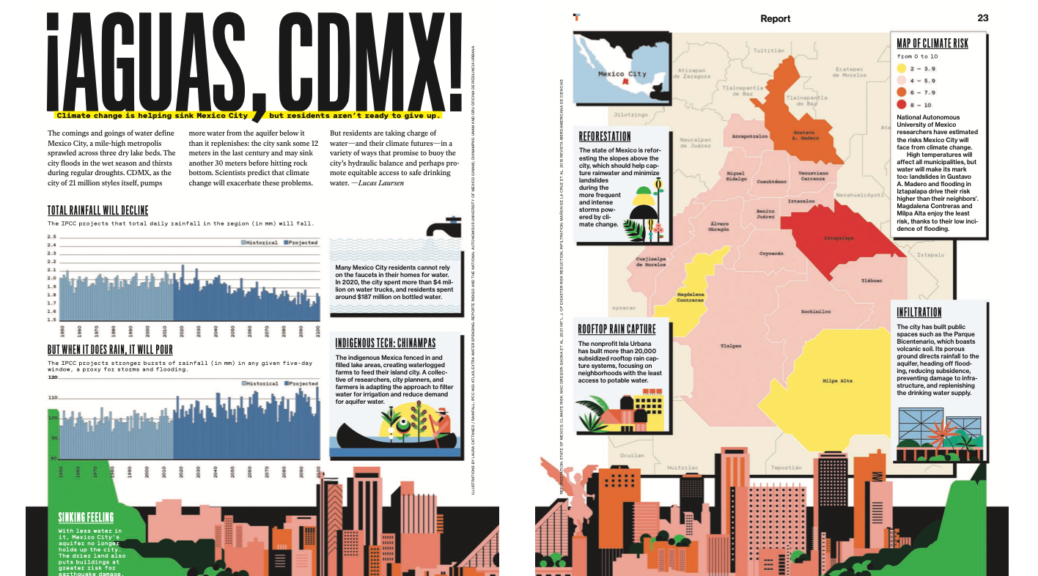Ibadan, Nigeria, Bolaji Adeniyi holds court in a tie-dyed T-shirt. “In Nigeria we see farms as father’s work,” he says. Adeniyi’s father taught him to farm with a hoe and a machete, which he calls a cutlass. These days, he says, farming in Nigeria can look quite different, depending on whether the farmer has access to the Internet or not.
Not far away, farmers are using drones to map their plots and calculate their fertilizer inputs. Elsewhere, farmers can swipe through security camera footage of their fields on their mobile phones. That saves them from having to patrol the farm’s perimeter and potentially dangerous confrontations with thieves. To be able to do those things, Adeniyi notes, the farmers need broadband access, at least some of the time. “Reliable broadband in Atan would attract international cocoa dealers and enable access to agricultural extension agents, which would aid farmers,” he says.
Adeniyi has a degree in sociology and in addition to growing cocoa trees, works as a criminologist and statistician. When he’s in Ibadan, a city of 4 million that’s southeast of Atan, he uses a laptop and has good enough Internet. But at his farm in Atan, he carries a candy-bar mobile phone and must trek to one of a few spots around the settlement if he wants better odds of getting a signal. “At times,” Adeniyi says, “it’s like wind bringing the signal.”
Continue reading In Nigeria, Why Isn’t Broadband Everywhere?


